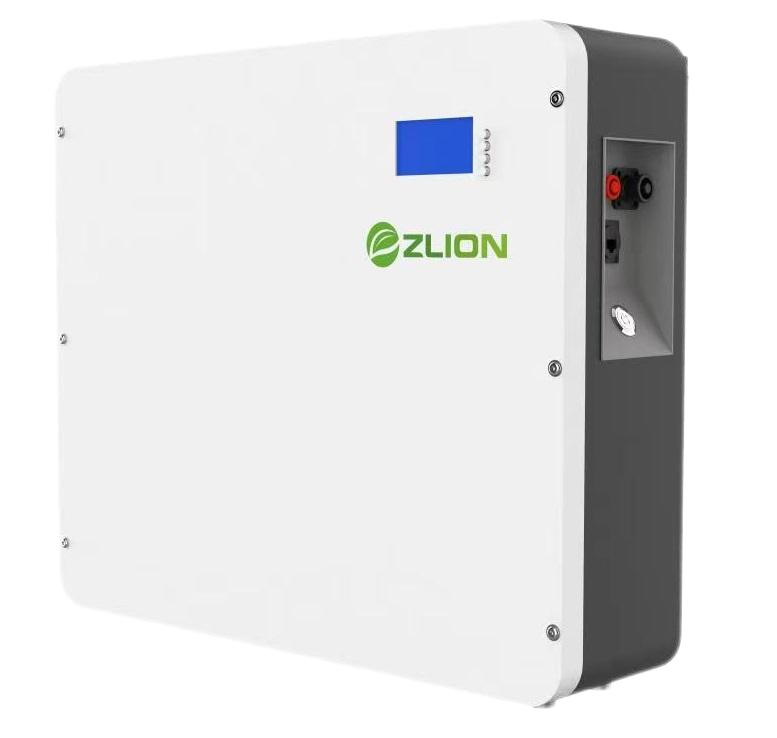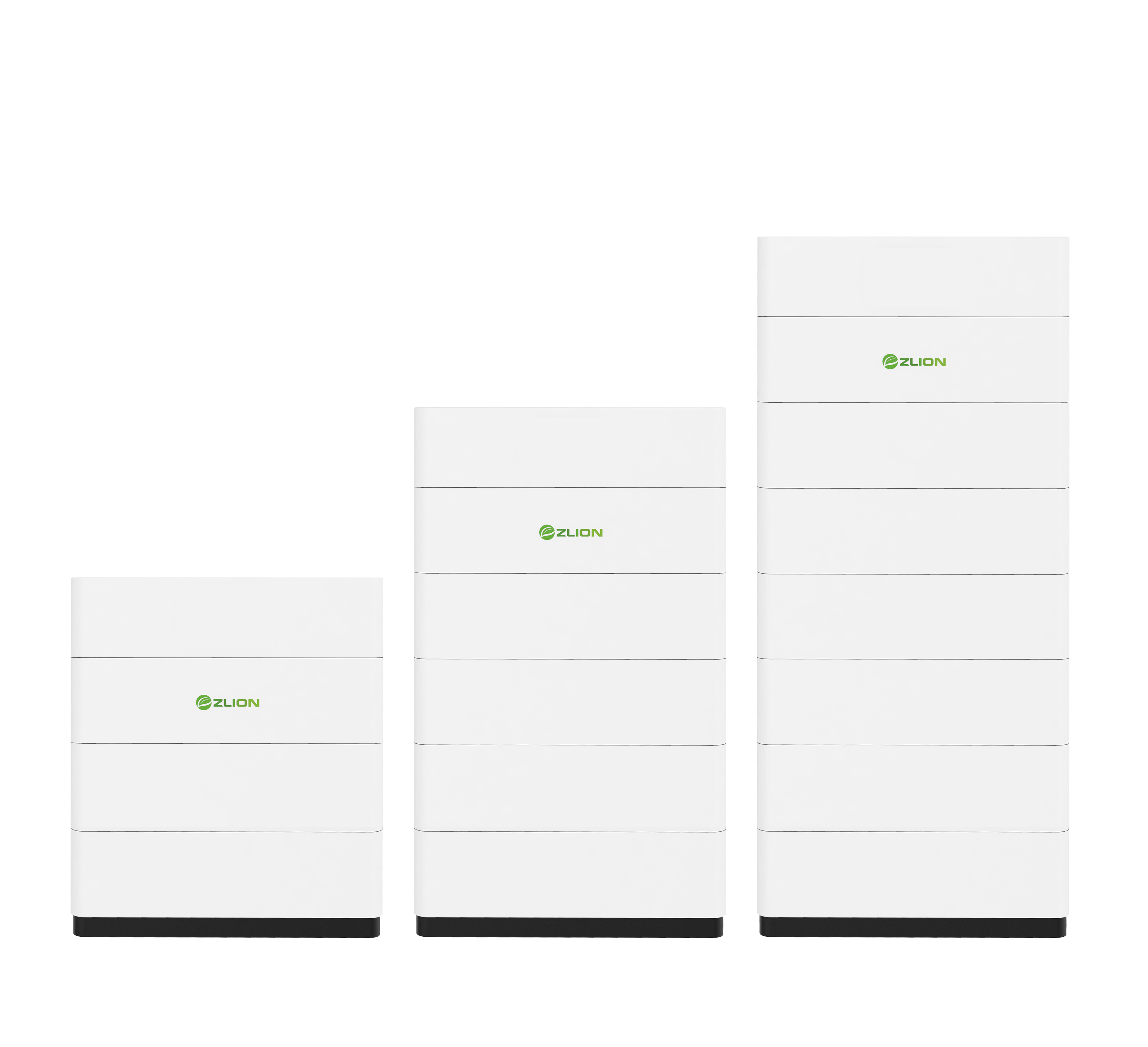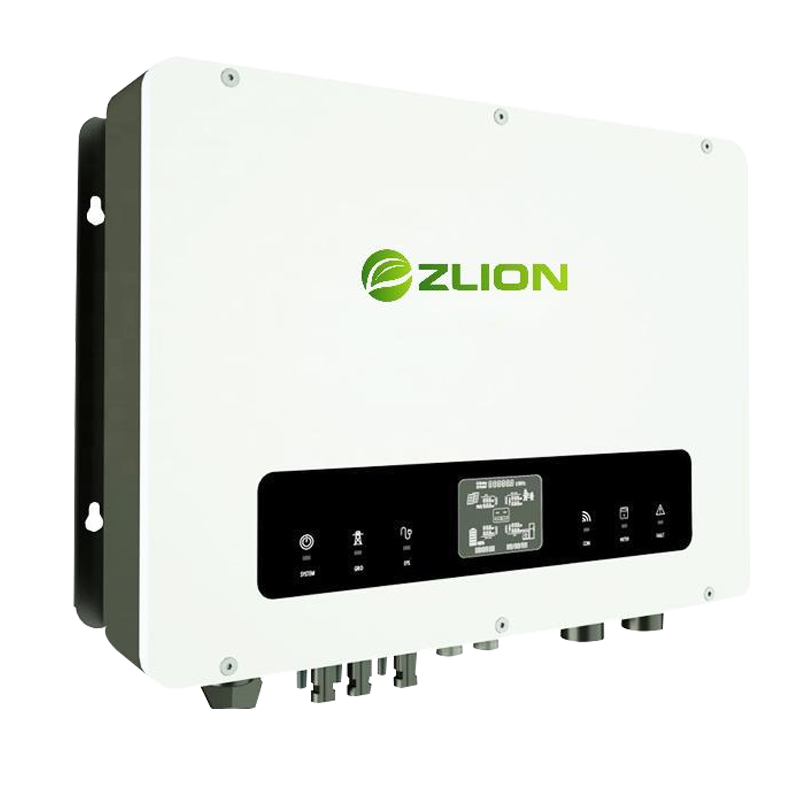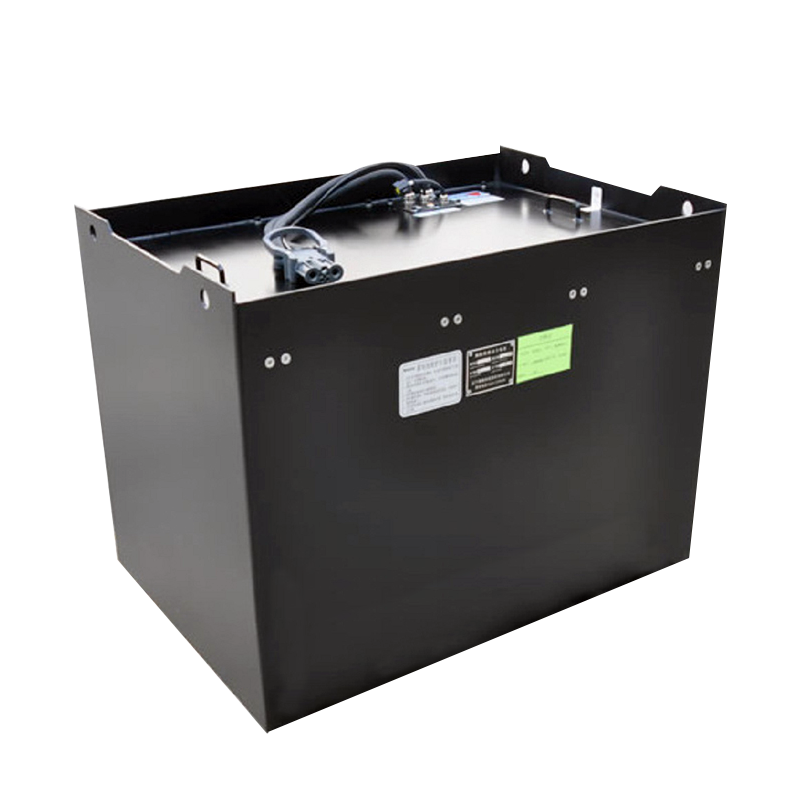There are several common ways to charge a lithium battery in an RV, and each method has its own applicable scenarios and advantages and disadvantages. Here are the main ways to charge:
1. Car charger
• How it works: The on-board charger converts alternating current to direct current by connecting to the RV's generator or the car's 12V power system to charge the lithium battery.
• Advantages: Convenient and fast, suitable for charging during driving.
Disadvantages: Charging speed is relatively slow, limited by the generator or vehicle power system.
2. Portable solar charging panel
• Working principle: The use of solar panels to convert solar energy into electricity, through the controller to charge the lithium battery.
• Advantages: Environmental protection and energy saving, suitable for long time parked outdoors.
• Disadvantages: affected by weather and light conditions, charging speed is slow.
3. Home charging pile
• How it works: Connect the charging interface of the RV to the home electrical outlet and charge the lithium battery through a dedicated charging pile.
• Advantages: Fast charging speed, suitable for long charging at home or camp.
• Disadvantages: Need to find the right electrical outlet, not suitable for outdoor use.
4. Portable generator
• How it works: A portable generator generates alternating current, which is converted to direct current by a charger to charge a lithium battery.
• Advantages: Fast charging speed, not limited by power supply, suitable for use in places without power grids.
• Disadvantages: loud noise, fuel consumption, not environmentally friendly.
5. Public charging stations
• How it works: Use dedicated charging piles at public charging stations to charge lithium batteries.
• Advantages: Fast charging speed, suitable for quick recharge on long trips.
• Cons: Need to find a nearby charging station and may have to pay a fee.
Charging precautions
• Choose the right charger: Ensure that the charger matches the voltage and current of the lithium battery to avoid overcharging or undercharging.
• Monitoring the charging status: Using a charger with an intelligent management system, the charging status of the battery can be monitored in real time to prevent overheating or overcharging.
• Regular maintenance: Regularly check whether the battery and charger are firmly connected to ensure that the charging process is safe and reliable.
• Ambient temperature: Avoid charging at extreme temperatures, high or low temperatures can affect battery performance and life.













